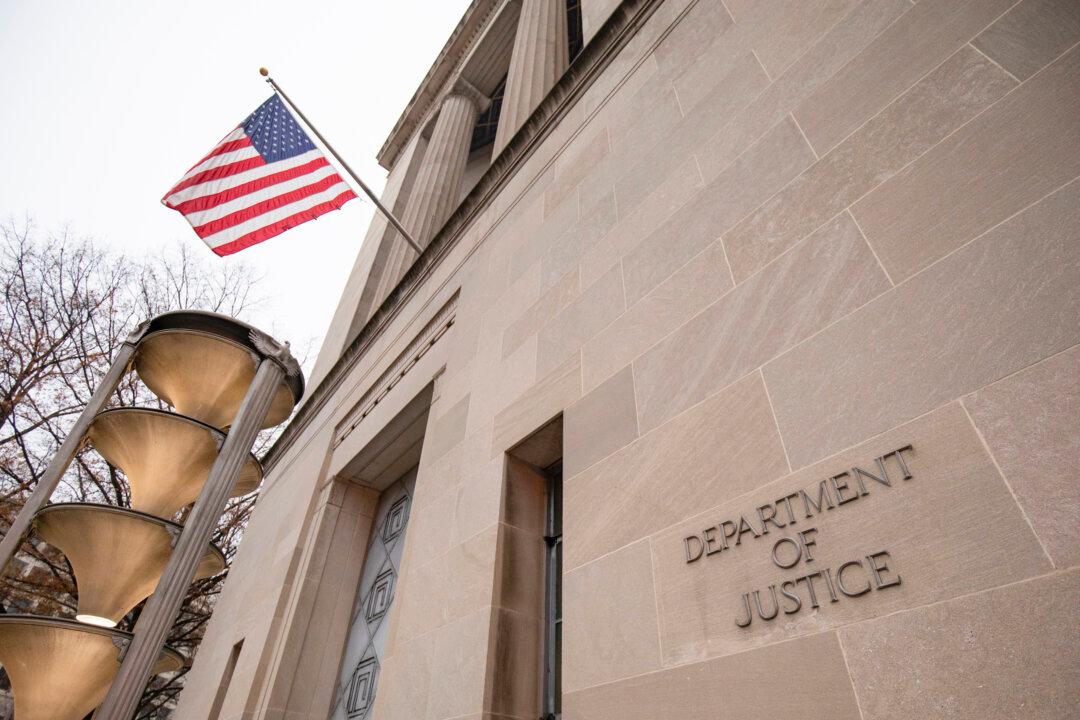Commentary
A new order by the Foreign Intelligence Surveillance Court sets forth and reviews specific changes in the wake of government wiretapping abuses.


A new order by the Foreign Intelligence Surveillance Court sets forth and reviews specific changes in the wake of government wiretapping abuses.